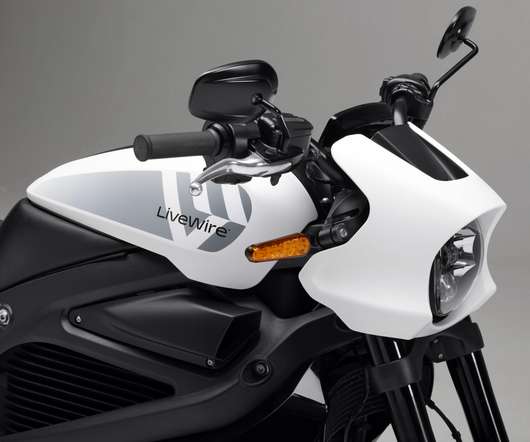Analysis: What’s the Best Way to Market EVs?
Clean Fleet Report
MAY 13, 2021
Battery-gasoline hybrids go back more than 20 years to the first Toyota Prius, but real mainstream battery-only electric EVs are only in their second decade. The Toyota Prius, a battery-gasoline hybrid, is a very famous and recognizable example of this approach. There is no all-electric or gas-only Prius—that’s not its identity.












Let's personalize your content